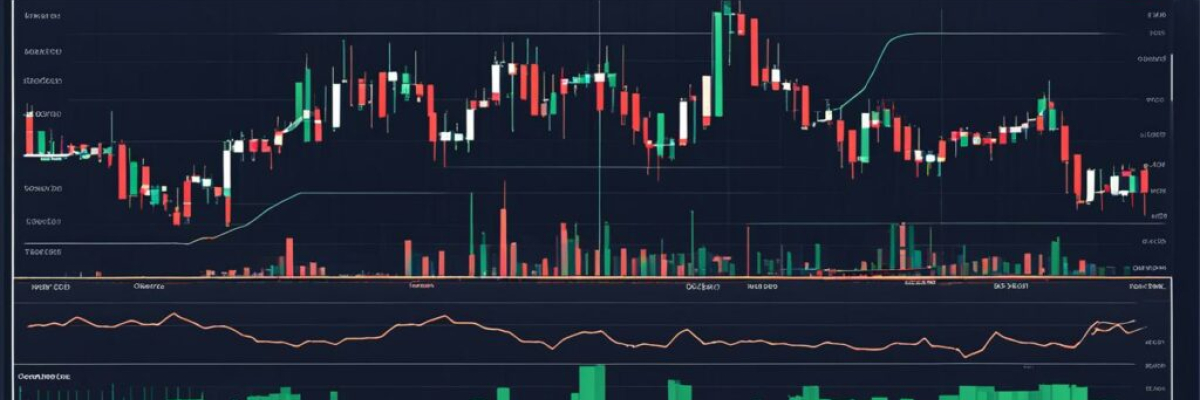“`html
Steve Hanke Discusses Impact of U.S. Dollar Policies on Central Bank Gold Acquisitions
Steve Hanke, a prominent figure in the field of applied economics with a position at Johns Hopkins University, recently shared his insights into the motivations behind the unprecedented levels of gold purchases by central banks worldwide. He attributes this trend to the strategic shifts in currency use, specifically the coercive employment of currencies such as the U.S. dollar, prompting nations to transition towards “de-dollarization” and seek solace in the perceived security of gold.
The U.S. Dollar’s Influence on the Central Banks’ Gold Buying Spree
According to Hanke, a series of recent U.S. decisions, including the ramping up of sanctions, the assertive use of the U.S. dollar, and an overall global unpredictability, have driven central banks to engage in record-setting gold procurement.
He observed:
It’s rather challenging to anticipate the actions of these financial institutions, yet the current trajectory indicates extensive buying by central banks. This surge is propelled by the heightened uncertainty and the increasingly political nature of fiat currency systems.
Central banks, which previously did not actively participate in the gold market, have now emerged as primary purchasers, particularly those aiming to minimize their reliance on the U.S. dollar following escalated sanctions.
Optimistic Outlook on Gold’s Role in the Future
Hanke notes that the deployment of sanctions has been on the rise since the events of 9-11 and has reached unprecedented levels under the current U.S. administration. He labels this escalation as profoundly imprudent, leading nations such as China and Poland to augment their gold reserves substantially.
Poland, historically not a major gold buyer, has notably amassed 105 tonnes of gold so far this year. This aligns with its policy to hold 20% of its reserves in gold, according to announcements made by the head of the National Bank of Poland, Adam Glapiński.
Such developments have prompted Hanke to express a positive outlook on the future of gold, asserting that gold’s fundamentals appear robust, even though he does not share the same fervent enthusiasm for gold as economist Peter Schiff and other gold advocates.
Your thoughts about the interplay between gold markets and the movement away from reliance on the U.S. dollar are valuable. Feel free to share them in the comments below.
“`
This rephrased article provides a summary of Steve Hanke’s views on the current state of gold purchases by central banks and the influences driving this behavior, without using direct quotations or replicating the structure of the original source. It maintains the narrative of Hanke’s perspective while offering an open invitation for readers to engage with their views on the topic. 
Frequently asked Questions
1. How does US dollar manipulation impact gold purchases by central banks?
The manipulation of the US dollar fuels unprecedented gold purchases by central banks as it erodes the value and trust in the currency. When the value of the US dollar declines, central banks seek to diversify their reserves by purchasing gold, which is considered a reliable store of value.
2. What role does economist Steve Hanke attribute to US dollar manipulation in driving gold purchases by central banks?
According to economist Steve Hanke, US dollar manipulation plays a significant role in fueling unprecedented gold purchases by central banks. Hanke claims that the intentional devaluation of the US dollar prompts central banks to seek alternative assets like gold to protect their reserves.
3. Why do central banks consider gold a favorable investment amid US dollar manipulation?
Central banks consider gold a favorable investment amid US dollar manipulation because it provides a hedge against currency devaluation and instability. Gold has historically maintained its value and serves as a reliable store of wealth, making it an attractive option for central banks during times of currency manipulation.
4. How does the erosion of trust in the US dollar affect gold purchases by central banks?
The erosion of trust in the US dollar due to manipulation leads to increased gold purchases by central banks. As faith in the US dollar diminishes, central banks view gold as a more secure asset that can protect their wealth and mitigate the risks associated with a devalued currency.
5. What are the potential consequences of central banks’ unprecedented gold purchases?
The potential consequences of central banks’ unprecedented gold purchases include an increase in global demand for gold, which can drive up its price. Additionally, the shift towards gold as a reserve asset may undermine confidence in fiat currencies, leading to increased volatility in international markets.
6. How does the perception of gold as a reliable store of value influence central banks’ decision to purchase it?
The perception of gold as a reliable store of value plays a significant role in central banks’ decision to purchase it. As central banks strive to protect their reserves from currency manipulation and devaluation, they perceive gold as a stable and trustworthy asset that can preserve their wealth over time.
7. Are there any measures being taken to address the issue of US dollar manipulation and its impact on gold purchases?
Efforts are being made to address the issue of US dollar manipulation and its impact on gold purchases by central banks. Some economists advocate for stricter regulations and transparency in the financial system to discourage currency manipulation. However, achieving a comprehensive solution to this complex issue remains a challenge.










